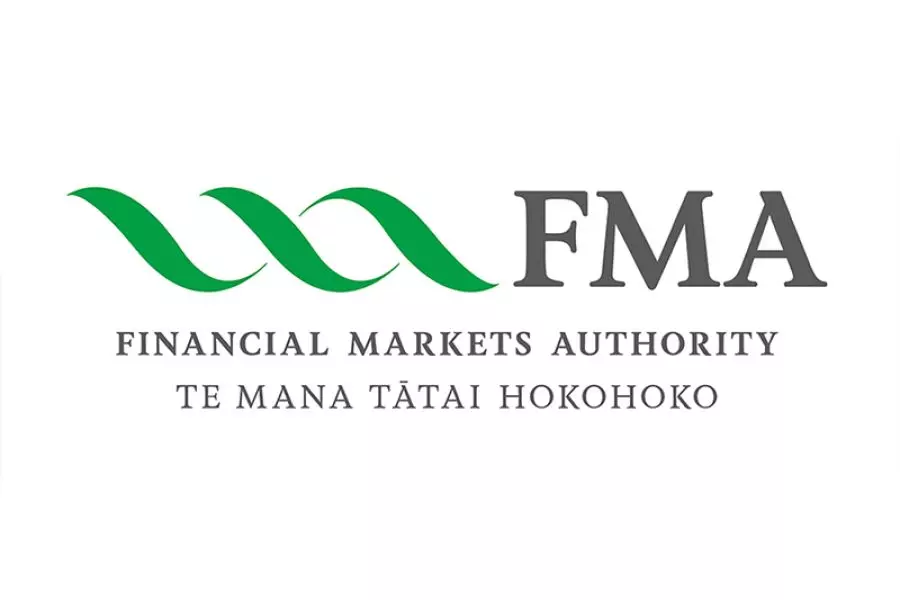News
The impact of foreign currency on investing returns
Wednesday 16th of June 2004
At any given time the market in different countries can behave quite differently. For example, while US and European sharemarkets have recently been adversely affected by increased threats of terrorism, in New Zealand we have remained relatively immune to these geopolitical risks.
The downside of investing in international market is that it means exposing your investments to foreign c...
Want to read the full article?
Click the button below to subscribe and will have unlimited access to full article and all other articles on the site.
2 min read









![[The Wrap] Bye Bye Bayly](https://goodreturns.publit.io/file/c_fill,w_900,h_600/39f23ac1-f7c7-4854-b700-a150004ebbac.webp)